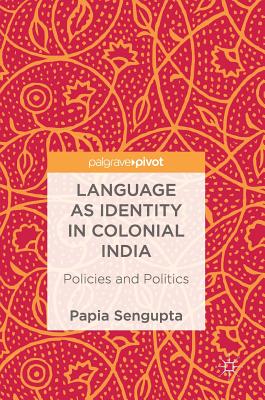Expedite your nonfiction book discovery process with Readara interviews, summaries and recommendations, Broaden your knowledge and gain insights from leading experts and scholars
In-depth, hour-long interviews with notable nonfiction authors, Gain new perspectives and ideas from the writer’s expertise and research, Valuable resource for readers and researchers
Optimize your book discovery process, Four-to eight-page summaries prepared by subject matter experts, Quickly review the book’s central messages and range of content
Books are handpicked covering a wide range of important categories and topics, Selected authors are subject experts, field professionals, or distinguished academics
Our editorial team includes books offering insights, unique views and researched-narratives in categories, Trade shows and book fairs, Book signings and in person author talks,Webinars and online events
Connect with editors and designers,Discover PR & marketing services providers, Source printers and related service providers

Language as Identity in Colonial India: Policies and Politics
Political Science > World - Asian
- Palgrave MacMillan
- Hardcover
- 9789811068430
- 8.27 X 5.83 X 0.38 inches
- 0.72 pounds
- Political Science > World - Asian
- (Single Author) Asian American
- English
Readara.com
Book Description
This book is a systematic narrative, tracking the colonial language policies and acts responsible for the creation of a sense of self-identity and culminating in the evolution of nationalistic fervor in colonial India. British policy on language for administrative use and as a weapon to rule led to the parallel development of Indian vernaculars: poets, novelists, writers and journalists produced great and fascinating work that conditioned and directed India's path to independence. The book presents a theoretical proposition arguing that language as identity is a colonial construct in India, and demonstrates this by tracing the events, policies and changes that led to the development and churning up of Indian national sentiments and attitudes. It is a testimony of India's linguistic journey from a British colony to a modern state. Demonstrating that language as basis of identity was a colonial construct in modern India, the book asserts that any in-depth understanding of identity and politics in contemporary India remains incomplete without looking at colonial policies on language and education, from which the multiple discourses on self and belonging in modern India emanated.
Author Bio
I joined JNU in 2015 after teaching in Kirori Mal College, University of Delhi. My Ph. D. from Jawaharlal Nehru University on Linguistic Minorities and Group Rights. My research papers have been published in Economic and Political Weekly, Geoforum, International Journal on Diversity of Organisations, Communities and Nations, Indian Journal of Political Science.
I edited a special issue titled Cultures meet the law co-edited along with Prof. Probal Dasgupta published in French in Droit et Cultures. My first monograph titled Language(s) in India: Identity, Diversity and Institutions is under contract with Cambridge University Press. I am passionate about teaching and my work was awarded the Distinguished Teacher Award from University of Delhi by the former President of India in 2009.
My research interests include, but are not, limited to, multicultural studies, minority rights, language and diversity, federal governance. Apart from research and teaching I love classical music and rock, an uncommon combination.
Education
- MA in Political Studies, Centre for Political Studies, Sxchool of Social Sciences, JNU
- M.Phil in Multiculturalism and Political Theory , CPS, JNU
- Ph.D in Political Theory in South Asia
Source: The University of Edinburgh
Videos


Community reviews
No Community reviews

